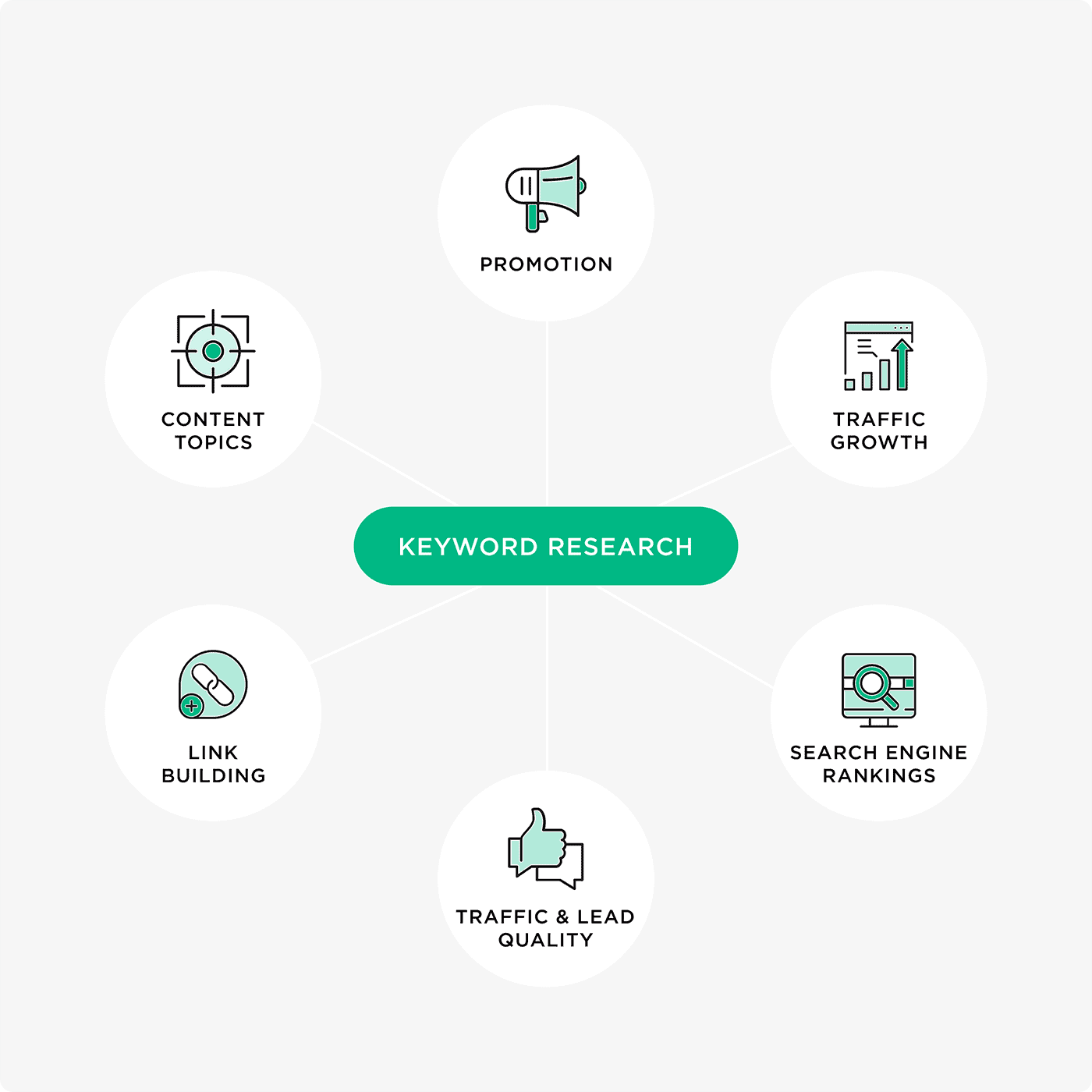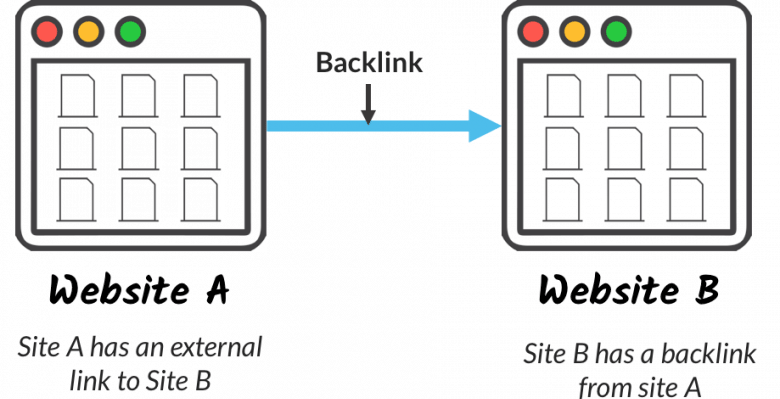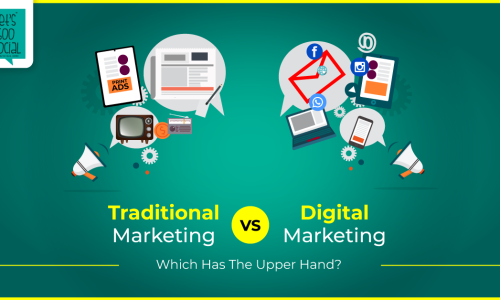

Small businesses have limited resources that make it difficult to compete with large corporations, especially without a big ad budget. This is partly the reason why small business owners worry about digital marketing ROIs. However, if your website does not rank well in search engines, it is unlikely to get noticed and grow online. Organic SEO fits perfectly in this mix, making it easier to acquire leads without breaking the bank!
If rightly done, it can turn things around completely for your small business over a period. But it is imperative to use the right strategies, or you would just end up wasting even more time and money on poor results. Use this piece to discover the best SEO strategies for your small business that you can start using today!
Keyword Analysis and Implementation
Credible surveys report that targeting and keyword research is the primary choice of over 70% of small businesses. Millions of them can not be wrong and there is a pretty good reason behind this.
Keyword research lets you discover what your potential customers are looking for when they search through the web. When you find the best keywords that work for your business niche, you can target those customers. This is one of the simplest ways to get your site noticed by Google and get higher rankings.
Keyword research also has an additional advantage – it lets you know what your business rivals are using to rank. Based on this information, you can edit the Meta Descriptions, Title Tags, URLs, and other elements on your website.

Technical, Local, and On-Page SEO
Small businesses need to be known locally. While generic SEO strategies are great for overall reach, location-based optimizations put you on the radar of people searching for products or services ‘near them’. Google’s analysis suggests that around a third of all searches performed are based on location. Recent changes in its SERP (Search Engine Results Page) algorithm provide local results on top, without the need to add location. While this is great news for local small businesses in general, this also means you need to get synched for local searches, if you desire to show up there.
On-page SEO works towards streamlining the website through industry-standard tactics. Several elements on web pages decide how easily search engines find and index it.
If the page titles are too long, they would appear incomplete in search results. The page misses out on attracting visitors this way. Similarly, meta-tags with irrelevant descriptions become bottlenecks for algorithms, and they end up penalizing the website with poor ranks.
Using relevant tags on meta discerptions, headers and streamlining the content makes it better for both readers and search engines.

Design and Audit
A website is your home online – the overall design of your website should reflect the essence of your business and products. While a professionally designed, high-quality website adds to your online presence, ones with poor designs get pushed away from the top results.
This generates a feedback loop – the customers end up clicking the sites showing up on the first page, and search engines recommend them even more based on the traffic visiting them.
Audit your website to look for dead URLs, erroneous webpages, inconsistent texts, and images. Search engine crawlers periodically move through websites to see what they are all about. A website that is difficult to crawl through, gets ranked significantly lower than its competitors. Optimizations remove these roadblocks, making the job of algorithms much easier, which in turn gets rewarded by google as higher site ranks.

Device Compatibility
Your website may be armed to the teeth for performance on PCs, but is it well optimized to deliver on an iPad?
If you answered no to the question, there are high chances that you are losing website visitors and subsequently, customers without even knowing it!
Let’s face it, the future is mobile! The percentage of customers performing their searches, visits, and purchases through handheld devices is ever-increasing. Statistica reveals that the number of searches in the U.S. from mobiles has more than doubled over the years.
Having a great website that works efficiently regardless of the device, is crucial to online business success. Having a conversation with your developers about appropriate themes and functionality to make this happen pays off very well.

Content Quality
Google does not look kindly upon low-grade content. Whether it is videos, blog posts, or articles, make sure everything is plagiarism-free, high-quality, and informative. Most customers that look for information have no intention of buying, however, when you provide quality content, they turn into repeated visitors and this makes a positive impression with search engines.
One of the fundamentals here is to answer the burning questions posed by customers through informative blog posts, FAQs, and videos. Non-specific content would get you nowhere, while a problem-solving approach builds E.A.T – Expertise, Authoritativeness, and Trustworthiness.

Backlinking
Building backlinks is vital to the long-term success of every SEO strategy. Backlinking accelerates the trust scores of websites and despite its far-reaching implications, it gets ignored.
A report on small business surveys suggests that less than 25% of small businesses utilize the power of building effective backlinks. The process is indeed time-consuming, but if you want to excel far beyond your competition without spending on ads, backlinking is the way to go.
You can use guest posts and articles through mutually complementary businesses, testimonials from past customers, and business outreach programs to build links. You can also offer a free sample product or service in exchange for backlinks.

Social Media Management
SEO does not have to be limited to websites! Businesses that harness the potential of social media create a powerful presence that customers acknowledge.
Regular posting and optimizing your social media posts work favorably for every business. Posts do not even have to take a lot of energy and time – using your recent blog post title for a social media post, with a link to your website is a simple but powerful strategy. This makes your social followers aware of your website, puts repeat visitors into your funnels, and allows you to gain more traction without much hassle.
SEO has always been an invaluable tool for small businesses to make the most of their online presence. Branding Xoom can help you assess your business niche, and design optimum SEO strategies that take your online presence to the next level!




